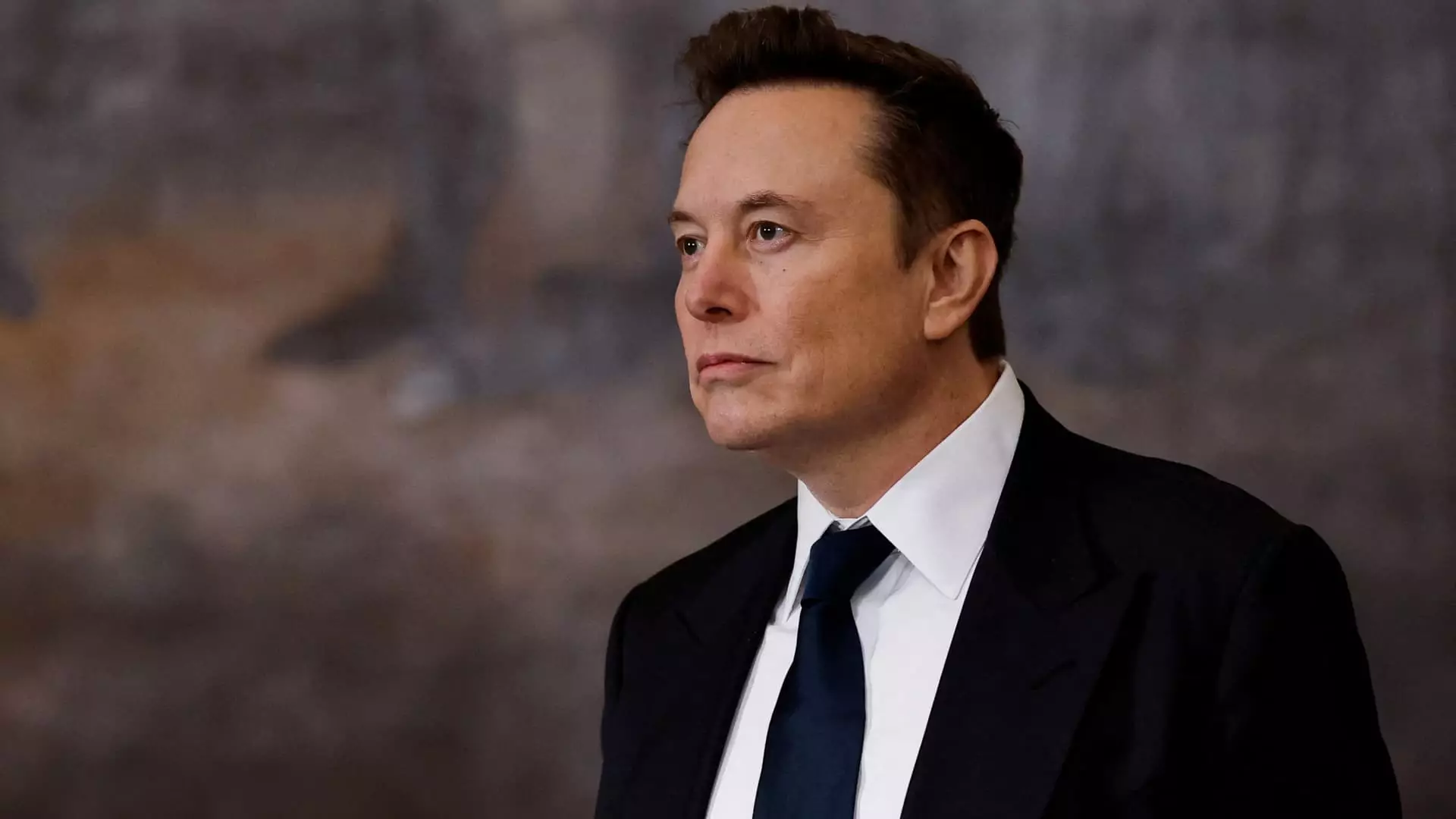In a landmark decision, U.S. District Judge John Bates has declined to impose an injunction against Elon Musk’s newly formed Department of Government Efficiency (DOGE), allowing the billionaire and CEO of Tesla and SpaceX to access systems of the U.S. Department of Labor. This ruling serves as a critical juncture in an ongoing legal battle initiated by the American Federation of Labor and Congress of Industrial Organizations (AFL-CIO), one of the largest labor unions in the United States. The union alleges that Musk’s access could endanger sensitive information related to ongoing investigations into his companies as well as competitive entities, heightening fears about the potential misuse of such privileged information.
Musk’s pursuit signifies a broader aim to streamline and potentially reduce the scale of federal employment, a move criticized by various workers’ unions and advocacy groups concerned about the implications for federal agencies. The American public is understandably conflicted; on one hand, Musk’s entrepreneurial success is inspiring, while on the other, his sweeping ambitions may threaten institutional integrity and employee rights.
In the wake of the ruling, AFL-CIO President Liz Shuler expressed disappointment but remained resolute. The union plans to furnish additional evidence to substantiate its claims against DOGE’s access to Labor Department systems. This stance underscores the relentless commitment from labor unions to protect their members’ rights and the sanctity of government operations. On a tactical level, Shuler’s remarks signal the importance of ongoing advocacy in the face of troubling precedents.
Many within the labor community see Musk’s involvement as emblematic of a growing trend wherein private interests intermingle dangerously with government oversight. Whether this case unfolds into a significant threat to the principle of public service remains to be seen, but the potential for repercussions is substantial.
Appointed by former President Donald Trump, Musk’s influence in U.S. governance raises fundamental questions about conflict of interest. Dubbed a “special government employee,” he is not held to the same rigors of ethics and conflict-of-interest regulations as traditional federal workers. This unique designation allows Musk to navigate a problematic landscape where personal interests could easily infringe upon governmental duties.
Musk’s expansive authority transcends mere oversight; it encompasses the ability to influence crucial government functions. His recent actions indicate a desire to dismantle long-standing agencies, such as the U.S. Agency for International Development (USAID), while chillingly asserting his power by ceasing numerous contracts. Critics argue that this not only jeopardizes governmental efficacy but also undermines critical programs serving vulnerable populations.
The Parallel Battles: Union Concerns and Legal Challenges
In tandem with the AFL-CIO lawsuit, a second group of federal employee unions has initiated legal proceedings against the Treasury Department. This lawsuit seeks to halt what it regards as the inappropriate sharing of sensitive financial information with DOGE staff. Such multiple litigations illustrate a significant backlash against Musk’s government role, emphasizing the risks of unchecked influence within federal processes.
The coalition of unions is fueled by fear regarding sensitive employee data being compromised. Access to information pertaining to worker safety and compensation claims could lead to a cascading series of negative ramifications that might not just harm individual rights, but also result in a chilling effect on those seeking protection and justice against workplace injustices. Unions are adamant that such data should be shielded from potential misuse by those who could have vested interests in the outcomes of these investigations.
As the judicial landscape continues to evolve surrounding Musk’s controversial position, the implications extend far beyond the immediate legal wranglings. The intersection of business titans and government roles invites a heated debate on ethics, oversight, and public welfare. The potential for abuse of power multiplies as entities like DOGE gain influence over services traditionally safeguarded by federal protection.
This situation presents an alarming but pivotal opportunity for public discourse on the need for a balance between innovation and ethical governance. As concerns grow, stakeholders at all levels must advocate for maintaining the integrity of public service, ensuring that the values of accountability prevail over personal ambition. The unfolding scenario will undoubtedly set new precedents for the future of governmental operations in America, raising essential questions about who governs the governanors.


Leave a Reply